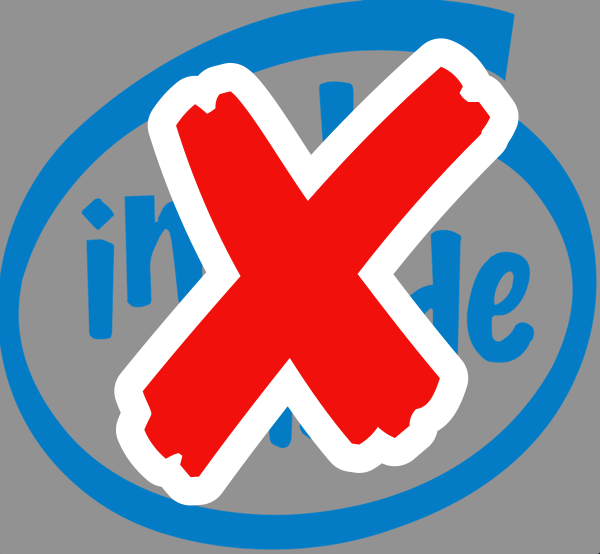Chromebooks: Long term threat to Intel


Chromebooks: You either love them or hate them, but you have to admit they are making inroads into the mobile computing space. Schools are snapping them up and consumers are becoming aware of the cheap laptops running Chrome OS.
Microsoft realized early on that Chromebooks were a threat to the dominance it enjoyed with Windows in the computing world. Some of the first ads for Windows and its Surface tablets were aimed squarely at the Chromebook.
See related: The big advantage of the Chromebook over Windows, Macs
If Chromebook sales continue to grow, they do represent a threat to Microsoft in the long term. Windows will still be the 800lb gorilla in the enterprise, though, so the exposure is not as bad as it could be.
That's also the case with Intel, the maker of the CPU that until recently was found in virtually every PC on the planet. Even Microsoft's competitor in the PC space, Apple, has Intel inside.
It's going to get worse with Nvidia entering the Chromebook market, as its Tegra processor is a good fit for the laptops with Google inside.
Speaking of Intel inside, that brings to mind the wildly successful marketing campaign from the chip maker. Most likely if you sat down in front of a computer, you were confronted with that little sticker that made it clear that Intel was powering it.
This had the effect on computer users to subconsciously equate the PC with Intel. Everybody knew that Intel was running the show, dancing techs in clean room suits and all. If it was a computer, Intel was inside it somewhere doing its magic.
The tide began to turn when Microsoft introduced Windows RT to run on systems with ARM processors instead of Intel. The chip giant couldn't have been happy about that, and there were probably some back room meetings between Microsoft and Intel discussing the change.
Windows RT didn't go anywhere, so Intel executives likely breathed a collective sigh of relief. That feeling of business as usual didn't last very long, as laptops running Chrome OS from Google snuck into the picture.
Most Chromebooks use Intel processors, so it's not a lost cause. But some of them run those pesky ARM chips like Windows RT systems, and that means no Intel inside.
It doesn't help matters that Chromebooks with ARM processors run extremely well and have done OK in the market. The lightweight OS is designed to run well on lesser hardware, and that means no Intel technology is needed.
It's going to get worse with Nvidia entering the Chromebook market, as its Tegra processor is a good fit for the laptops with Google inside. That must worry Intel more than a little. This is a direct assault to the Intel image, as Chromebook owners discover they don't need Intel inside.
As these Chromebooks without Intel hardware spread through schools, students are going to get used to them. It won't take long until the next generation of computer buyers forget about Intel. That should be a concern to the giant processor maker.
Additional Chromebook coverage:
- Acer Chromebook 13: First with Nvidia Tegra K1
- Review: Acer C720 Chromebook with Core i3, best value yet
- Six months with the Acer C720 Chromebook: Still good for $199
- Chromebooks: Going offline to compete
- Chromebooks: Stuck between a rock and a cheap place
- 11 tips and tricks for the Chromebook
- Acer C720P Chromebook (hands on): Touch at a reasonable price
- Day one with the Acer C720 Chromebook
- Acer C720 Chromebook first impressions: Fast and cheap
- Chromebooks: Unlikely battlefield for Intel vs. ARM
- HP Chromebook 11 hands on: Distraction-free writing with vivid display
- Google announces new Chrome devices from Acer, Asus, HP, and Toshiba
- Chromebook Pixel: One of the best laptops I've used
- Acer unveils first Chromebook with Haswell for $249
- Chromebook Pixel: 5 tips and trick
- Chromebook Pixel hands on (photos)
Intel is a giant firm and the Chromebook is not going to steal all its business by any means. But like it does for Windows, removing the association of Intel with computers is going to have a lasting effect. The computer buyer of the future is not going to care if there is Intel inside.
The Chromebook is doing well in schools, and that means the next generation of PC buyers is getting exposed to them. While this means they are growing up without Windows, it also means they are not even thinking about Intel. That is a long-term threat to Intel and its near monopoly on processors for computers.